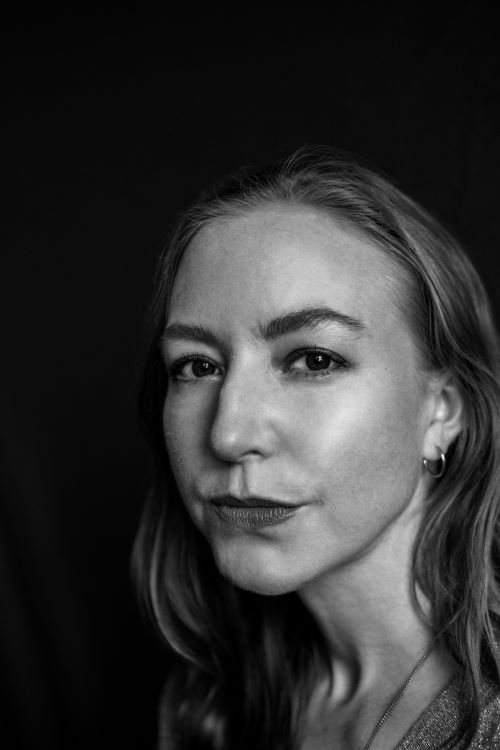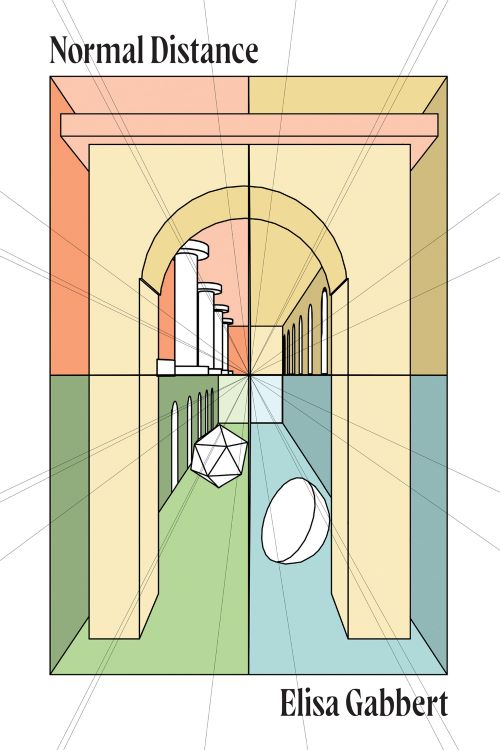The other day I thought of an old enemy and smiled—not with malice, but with fondness. I felt like I missed her.
Happiness and sadness are somehow alike; they both come in waves. Unhappiness is different, just a general malaise.
A Hollywood ending is “an outcome in which all desirable results are achieved.” But don’t sad movies win more awards?
It’s so sad to have once been good at something.
There’s a fundamental uselessness to feeling sad about things that happened very far away or in the deep past.
Whatever mechanisms are required to not be sad all the time mean that sometimes when you want to be sad, you can’t.
During the Middle Ages, “Poverty, wars, and local famines were so much a part of normal life that they were taken for granted and could therefore be faced in a sober and realistic manner.”
Sometimes I involuntarily smile when I hear bad news.
Bad news makes me feel closer to people.
Good news is bad news—sadly bad news is also bad news.
I don’t trust the news unless I can’t understand it.
News serves a social function more than anything else. Monks don’t read the news.
I read in the news that alcohol stimulates the immune system; ants are a liquid.
I read that frogs don’t actually just sit in a pot of water until they boil to death. (What kind of sicko would make that up?)
I actually like talking about the weather.
I actually like crying, it makes me feel better.
If all possible worlds don’t exist, we might actually live in a very unlikely world. It might not get more unlikely than this.
Supposedly Joe Brainard said on his deathbed: “One good thing about dying. You don’t have to go to any more poetry readings.”
Bad news: You can’t actually save time. You’ll just use it to do something else.
You pretty much have to do one thing at a time, and in order.
You could change your life.
You could waste some time and be happy.
I like to feel wistful before sleep, and sometimes I get in bed early just to lie there awake, feeling wistful.
I procrastinate more than I used to, and worry less. It turns out, important stuff just gets done.
I know it will get done. So it seems strange that I actually have to do it.
Why do I have to make this future that already exists?





